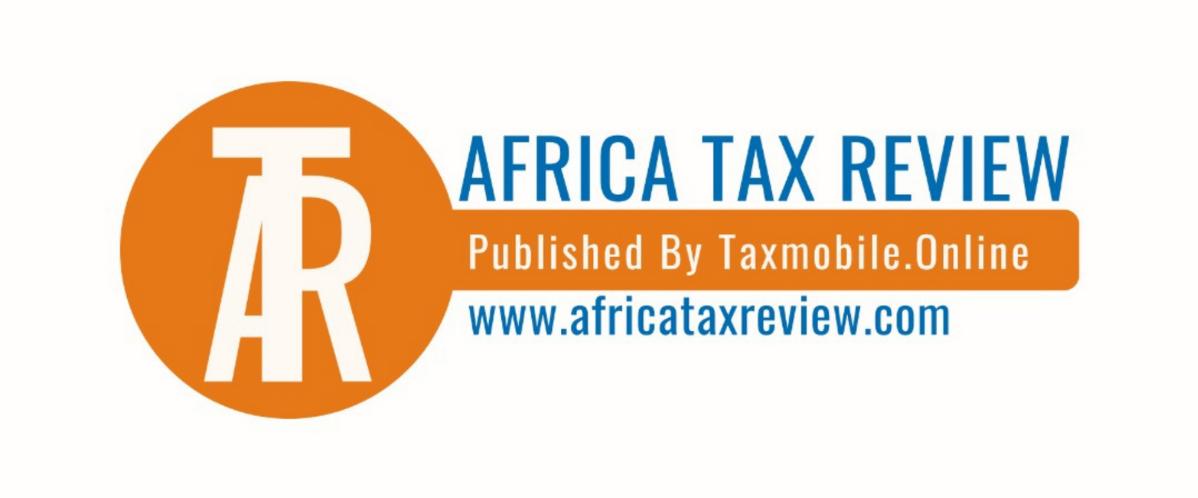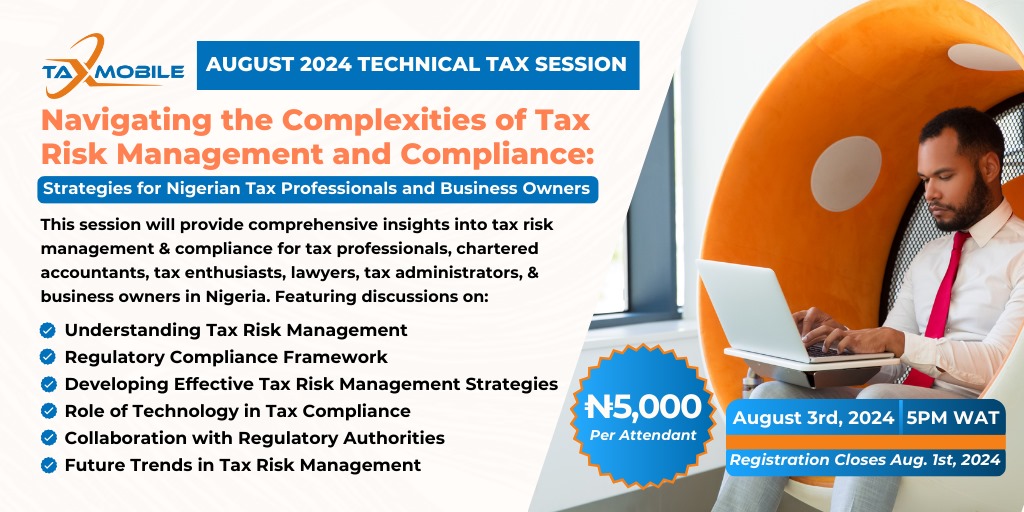
- Statistics from the International Labour Organization, ILO have pointed out issues like inadequate collection and inadequate capture of the informal sector in the tax net as major tax issues mitigating against the growth of the African tax sector.
Inadequate Tax collection in Africa remains a bane whilst effective taxation continues to be a rallying point for developed continents across the globe.
Despite the effort to nip in the bud the problem of tax collection and revenue growth, the continent struggles with the duo of lack of a monitory system and failure to capture effectively the informal sector which continues to represent the nerve of its growing economy.
The above submissions represent the focus of the International Labor Organization (ILO), stating that 2 billion people work in the informal economy globally, and in Africa, 85.5% of the population are employed in this same sector.
Elucidating further, the report further holds that in sub-Saharan Africa, the rate of employment created in the informal sector has risen to 90% while the World Bank says this trajectory has accounted for 40% of the Gross National Product, GNP in the sub-region.
The informal sector often time majorly captures operators in the markets, agriculture, arts and craft, construction and transportation sectors.

Inadequate Tax Collection in Africa: Curbing the Deficiency
Regardless of the discovery by the ILO’s figures, a rallying point for African leaders in recent times has been the acceptance of the need to take seriously the informal sector as an instrument to boost revenue.
In achieving success in the informal sector, experts continue to propose the need to redefine extant laws to accommodate conveniently the informal sector. These laws should be simplified for easy understanding considering the peculiarity of players in the informal sector.
The place of political will to capture the informal sector in the tax net can also not be overemphasized. This political will should involve the introduction of a compulsory tax ID that will detail the income and amount deductible from taxpayers in the informal sector.
Africataxreview.com gathered from a recent submission of Paul Melly; an African expert at the London-based think tank Chatham House that the continent needs a non-bureaucratic approach to collecting taxes, in essence; making the process seamless and simple for operators in the tax sector.
Paul Melly cited an example of the improved local taxes in Lagos; Nigeria’s commercial capital and the tax reforms going on at the federal level through the series of Finance Acts since 2019. The expert also hailed the country for employing the use of public relations.
Buttressing the need for a seamless system of operation, Melly encouraged decisive enforcement on big earners with the solution of an online mechanism that allow ease in the tax regime, preventing the risk of falling into the hands of fake collectors.
In a contrary opinion, Kenyan economist James Shikwati had recently confirmed that the problem is not necessarily the willingness of taxpayers to pay taxes, but the lack of transparency and corruption exhibited by the authorities.
Shikwati’s submission,
“Even if informal business people are willing to pay taxes, they believe the money will only end up in corrupt pockets,”
Beyond the need to put taxes from the informal sector into judicious use, if Africa must thrive in tax collection, it must put into place systems to measure the amount of taxes owed or defaulted by taxpayers.
As gathered from experts, the continent must give a deliberate effort to incorporate the informal sector into the entire tax scheme. The easiest way to do this is through digitalization. For instance, Ghana has gained a milestone in this regard as it now links mobile phone SIM cards to respective national identification numbers.
Follow us on Twitter for more update
DISCLAIMER
The information contained herein is general and is not intended, and should not be taken, as legal, accounting or tax advice provided by Taxmobile.Online Inc to the reader. This information remains strictly the opinion of Taxmobile.Online Inc.
The reader also is cautioned that this material may not apply to, or suitable for, the reader’s specific circumstances or needs, and may require consideration of other tax factors if any action is to be contemplated. The reader should contact his or her Tax Advisers before taking any action based on this information.
All rights reserved. No part of this document may be reproduced, retransmitted or otherwise redistributed in any form or by any means, electronic or mechanical, including by photocopying, facsimile transmission, recording, rekeying, or using any information storage and retrieval system, without written permission from Taxmobile.Online Inc.

